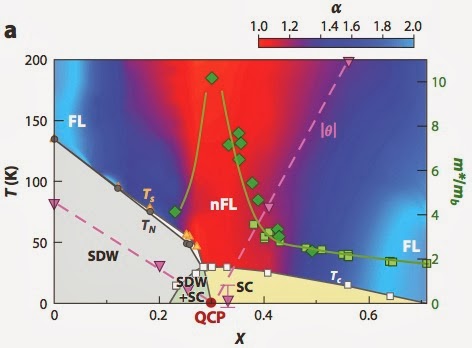Deconstructing Homes relation and linear in T resistivity

There is a nice paper Strong-versus weak-coupling paradigms for cuprate superconductivity S Asban, M Shay, M Naamneh, T Kirzhner, A Keren They report very careful measurements of the resistivity versus temperature for four different classes of cuprate superconductors at optimal doping. The goal is to test Homes relation which relates the normal state resistivity to the superfluid density. Aside: surely it is not appropriate to call this Homes law . Somehow, it does not have the status of Newton's laws or thermodynamics... In particular, they compare their results to two distinctly different theoretical models that claim to explain Homes relation. The first model is a conventional "weak-coupling" BCS model for the superconductivity with the resistivity dominated by disorder. One problem with applying this model is that it does not capture the large temperature dependence of the resistivity and that the YBCO materials appear to be particularly clean. The seco




